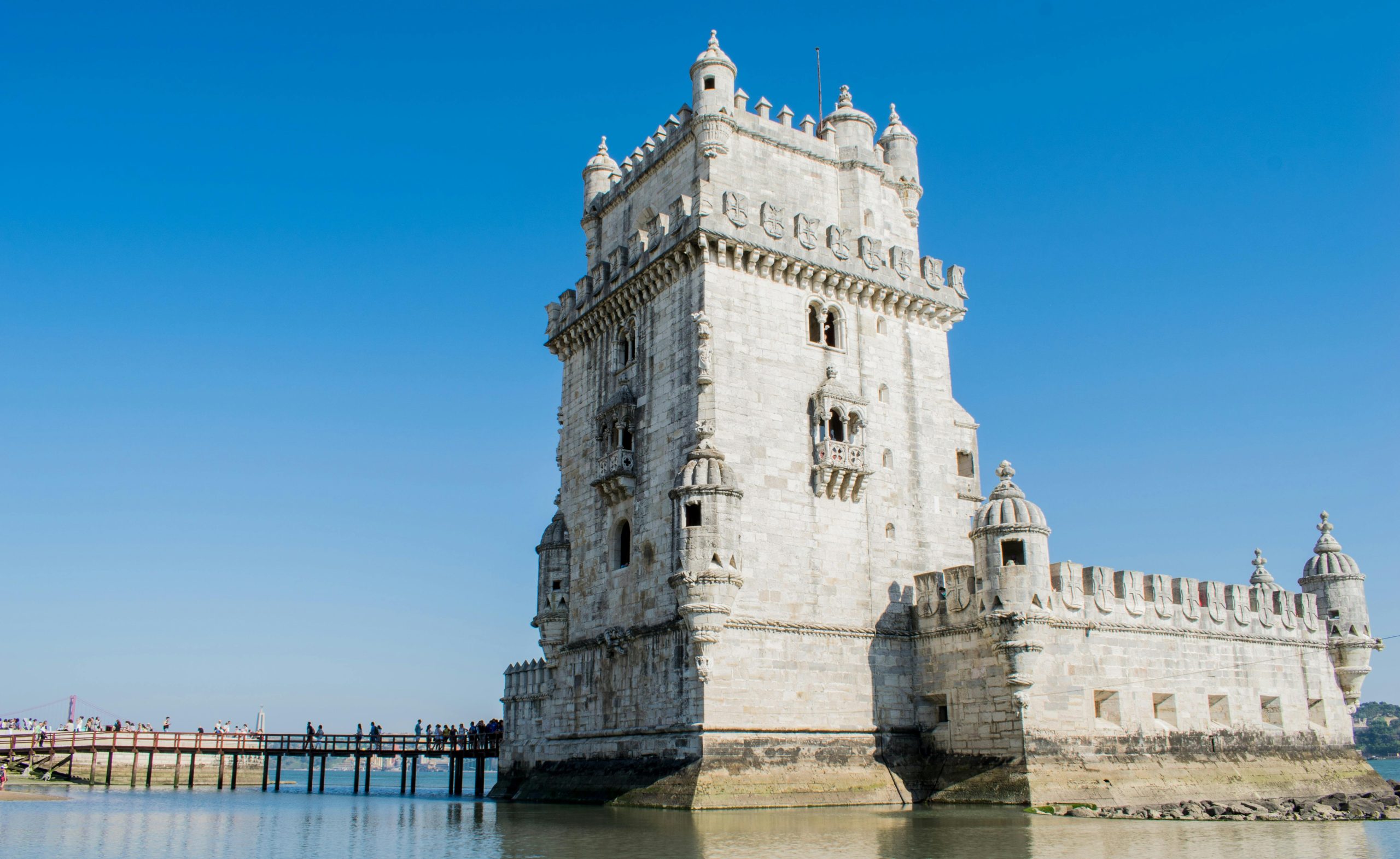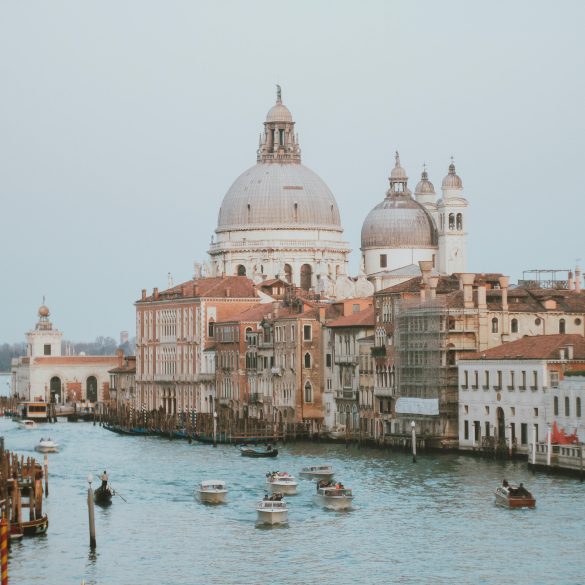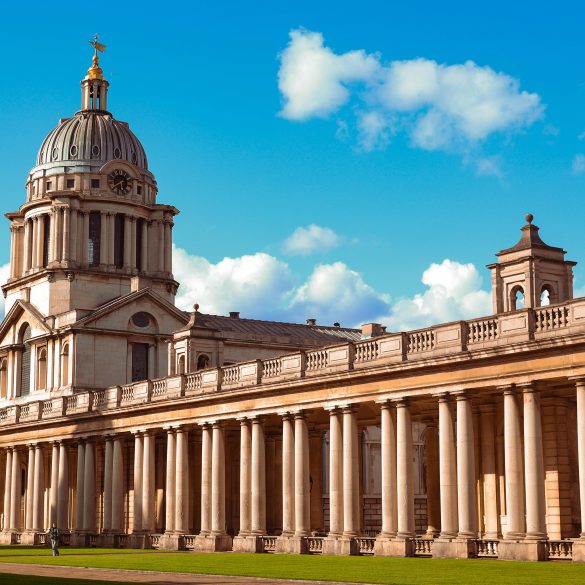Portugal Travel Guide: Hidden Gems & Cultural Treasures
Honestly, I never expected Portugal to completely steal my heart the way it did. What started as a quick European stopover turned into—well, let me just say I’ve been back four times since that first visit in 2019. There’s something absolutely magical about this country that goes way beyond the typical tourist trail, and I’m genuinely excited to share what I’ve discovered with you.
Portugal isn’t just another European destination—it’s a whole different vibe. According to recent data from Turismo de Portugal, the country welcomed over 27 million visitors in 2023, yet somehow it still feels refreshingly authentic compared to some of its more crowded neighbors. Maybe it’s because the Portuguese have this incredible way of preserving their culture while embracing visitors with genuine warmth.
What really gets me about Portugal—and this might sound a bit dramatic—is how it manages to be both incredibly sophisticated and wonderfully unpretentious at the same time. You’ll find world-class museums and Michelin-starred restaurants sitting right next to tiny family-run tascas where the owner’s grandmother still makes the pastéis de nata by hand every morning.
The country’s tourism infrastructure has evolved tremendously over the past decade. According to the World Tourism Organization, Portugal ranked 14th globally in the Travel & Tourism Competitiveness Index, with particular strengths in cultural resources and business environment. But here’s what those statistics don’t capture—the way Portuguese people light up when you attempt a few words in their language, or how a simple afternoon in a Lisbon café can turn into an impromptu history lesson from a friendly local.
“Portugal offers an authenticity that’s becoming increasingly rare in European travel destinations. It’s a place where tradition and modernity coexist beautifully, creating experiences that feel both timeless and contemporary.” – Maria Santos, Portuguese Tourism Board Director
I’ve organized this guide based on real experiences—mine and those of fellow travelers I’ve met along the way. We’ll explore everything from the obvious must-sees to those hidden spots that locals actually frequent. Plus, I’ll share the practical stuff I wish someone had told me before my first trip, like why you should never schedule anything important on a Monday in August (trust me on this one).
Portugal’s Crown Jewel Destinations
Let me be straight with you—choosing Portugal’s top destinations is like trying to pick a favorite child. Each region has this distinct personality that’ll surprise you in different ways. After extensive wandering (and some wonderfully wrong turns), here’s what I consider the absolute essentials.
Portugal Quick Facts
Portugal covers 92,090 square kilometers with over 800 kilometers of Atlantic coastline. The country is home to 17 UNESCO World Heritage Sites and boasts over 300 days of sunshine annually. Portuguese is spoken by 260 million people worldwide, making it the 6th most spoken language globally.
Lisbon: Where History Meets Hip
Okay, so everyone talks about Lisbon, but here’s what really struck me—this city has mastered the art of reinvention without losing its soul. The Alfama district still echoes with traditional Fado music most evenings, while the LX Factory buzzes with contemporary art installations and trendy rooftop bars.
According to the Lisbon Tourism Board, the city welcomed 4.9 million international visitors in 2023, yet it somehow maintains this intimate neighborhood feel. What I love most? You can start your morning with a proper galão and pastel de nata in a century-old café, spend the afternoon exploring cutting-edge museums like the Museu Nacional de Arte Antiga, and end up dancing to electronic music in a converted warehouse by midnight.
- Tram 28 for the full cinematic Lisbon experience
- Pastéis de Belém for the original pastéis de nata (worth the queue, honestly)
- TimeOut Market for diverse culinary experiences
- Viewpoint hopping—Miradouro da Senhora do Monte is my personal favorite
Porto: The Authentic Alternative
If Lisbon is Portugal’s cosmopolitan showpiece, Porto is its soulful older sibling. This UNESCO World Heritage city has this raw, authentic energy that gets under your skin. The azulejo tiles covering building facades tell stories spanning centuries, while the Douro River reflects both ancient wine cellars and contemporary architecture.
“Porto represents the authentic Portuguese spirit—it’s where tradition isn’t performed for tourists but lived daily by locals who’ve never forgotten their roots.” – António Ribeiro, Local Porto Tour Guide
The city’s port wine culture isn’t just tourist marketing—it’s genuinely central to local identity. According to the Porto Wine Institute, the region produces over 85 million liters annually, with cellars offering experiences ranging from casual tastings to intensive sommelier courses. But honestly? Some of my best wine experiences happened in tiny tabernas where the owner personally selected bottles based on random conversations about life.
Algarve: Beyond the Beach Resort Stereotype
Look, I’ll admit it—I initially dismissed the Algarve as another overdeveloped beach destination. How wrong I was. Yes, there are resort areas, but venture slightly inland or visit during shoulder seasons, and you’ll discover fishing villages that have barely changed in decades, dramatic cliff formations that rival any coastline globally, and local markets where vendors still negotiate prices in perfect English mixed with enthusiastic Portuguese.

Immersing Yourself in Portuguese Culture
Here’s something I learned the hard way—Portuguese culture isn’t just about Fado music and cork trees, though both are absolutely wonderful. The real cultural magic happens in those everyday moments that you can’t exactly plan for. Like when I got caught in a sudden rainstorm in Coimbra and ended up spending three hours in a tiny bookshop, discussing Portuguese literature with the owner while sipping homemade ginjinha.
The Fado Experience: More Than Just Music
Fado isn’t background music—it’s emotional storytelling that requires your full attention. According to UNESCO, which recognized Fado as an Intangible Cultural Heritage in 2011, this musical tradition represents the Portuguese concept of “saudade”—a complex emotion mixing longing, nostalgia, and hope.
My first real Fado experience happened in a Coimbra taberna where university students performed traditional pieces alongside contemporary interpretations. What struck me wasn’t just the haunting melodies, but how the entire room fell silent—phones away, conversations paused, everyone genuinely present. That’s the Portugal I fell in love with.
Cultural Etiquette Tips
- Portuguese people appreciate attempts at their language, even basic phrases
- Lunch happens late (1-3 PM) and dinner even later (8-10 PM)
- Tipping is appreciated but not obligatory—10% is generous
- Dress modestly when visiting religious sites
Portuguese Cuisine: A Culinary Journey
Let me tell you about Portuguese food—it’s comfort cuisine elevated to an art form. Forget what you think you know about European cooking; Portuguese chefs have been perfecting flavor combinations for centuries, influenced by former colonies and maritime trade routes.
| Dish | Region | Key Ingredients | Best Season |
|---|---|---|---|
| Bacalhau à Brás | Nationwide | Cod, eggs, potatoes | Year-round |
| Francesinha | Porto | Sandwich, cheese, sauce | Winter |
| Cataplana | Algarve | Seafood, rice, saffron | Summer |
| Pastéis de Nata | Nationwide | Custard, pastry, cinnamon | Always |
The seafood in Portugal is absolutely incredible—and I say this as someone who grew up on the Mediterranean coast. The Atlantic provides this incredible variety, from the massive octopus dishes in the north to delicate sea bass preparations in the south. According to the Portuguese Fisheries Association, the country has one of the highest per capita fish consumption rates in Europe, and trust me, you’ll understand why after your first grilled sardine experience.
Practical Planning That Actually Works
Alright, let’s talk practical stuff—because as much as I love waxing poetic about Portuguese sunsets, you need actual information to plan your trip. I’ve made plenty of planning mistakes over the years, so hopefully I can save you from some of them.
“The best time to visit Portugal depends entirely on what you’re seeking. Spring offers wildflowers and mild weather, summer brings festivals and beach weather, autumn provides harvest seasons and fewer crowds, while winter offers authentic local experiences.” – Carlos Mendoza, Portugal Travel Specialist
Budget Planning: Making Your Euros Stretch
Here’s some honest budget advice based on my experiences and current 2024 prices. Portugal remains one of Europe’s better value destinations, but costs have definitely increased since my first visit. The key is knowing where to splurge and where to save.
- Accommodation: €25-45 hostels, €60-120 mid-range hotels, €150+ luxury options
- Food: €8-12 local restaurants, €25-40 mid-range dining, €60+ fine dining
- Transportation: €1.50 local transit, €15-25 intercity trains, €30-50 car rental daily
- Activities: Many museums offer free hours, walking tours €10-15, wine tastings €20-40
My biggest money-saving discovery? The “prato do dia” (dish of the day) at local restaurants. You’ll get authentic, delicious meals for €6-10 that would cost twice as much at tourist-focused establishments. Plus, you’re more likely to sit next to locals and maybe pick up some Portuguese phrases.
Sustainable Travel: Protecting Portugal’s Beauty
I’ve been thinking a lot about sustainable travel lately—especially after seeing how some Portuguese destinations have changed due to tourism pressure. The good news is that Portugal is leading several innovative sustainability initiatives, and as visitors, we can support these efforts.
Sustainable Portugal Travel Tips
- Use public transportation—Portugal’s train system is excellent and scenic
- Stay in locally-owned accommodations rather than international chains
- Eat at family-run restaurants supporting local food systems
- Visit during shoulder seasons to reduce overtourism impact
- Participate in beach cleanups—many coastal towns organize regular events
According to the Global Sustainable Tourism Council, Portugal ranks among the top 20 countries for sustainable tourism practices, with initiatives focusing on renewable energy, waste reduction, and cultural preservation. What I appreciate most is how these aren’t just policy statements—you can see real implementation in solar panel installations, comprehensive recycling programs, and community-based tourism projects.
Final Thoughts: Why Portugal Will Surprise You
As I write this, I’m already planning my next Portuguese adventure—this time focusing on the Azores islands, which I shamefully haven’t explored yet. That’s the thing about Portugal; just when you think you’ve seen it all, someone mentions a hidden village, a secret beach, or a festival you’ve never heard of.
What keeps drawing me back isn’t just the stunning landscapes or delicious food—though both are world-class. It’s the Portuguese approach to life: unhurried but purposeful, traditional yet innovative, welcoming but authentic. In a world where travel can sometimes feel commodified, Portugal still offers genuine experiences.
“Portugal isn’t trying to be anything other than itself, and that authenticity is becoming increasingly precious in European travel.” – Travel + Leisure Magazine, 2024
Whether you’re planning a weekend city break, a week-long cultural immersion, or a month-long exploration of the entire country, Portugal will exceed your expectations. Just remember to pack comfortable walking shoes—you’ll want to wander down every narrow street and discover what’s waiting around each corner.
Safe travels, and prepare to fall in love with Portugal just like I did. Trust me, it’s going to be an unforgettable journey.



